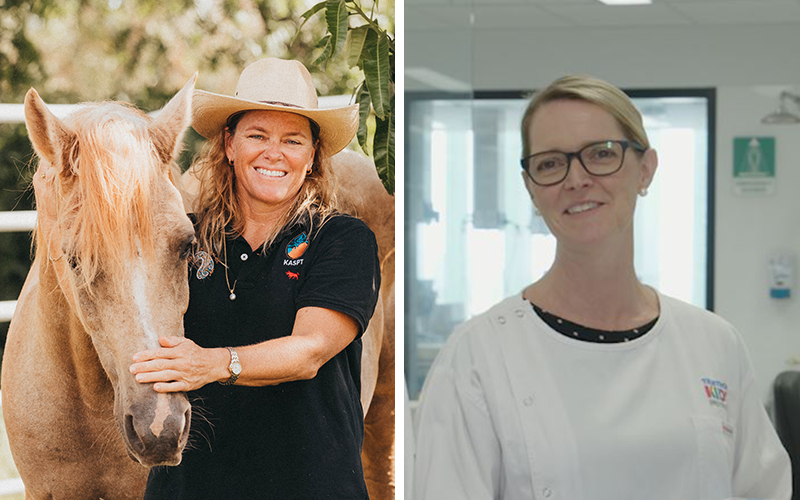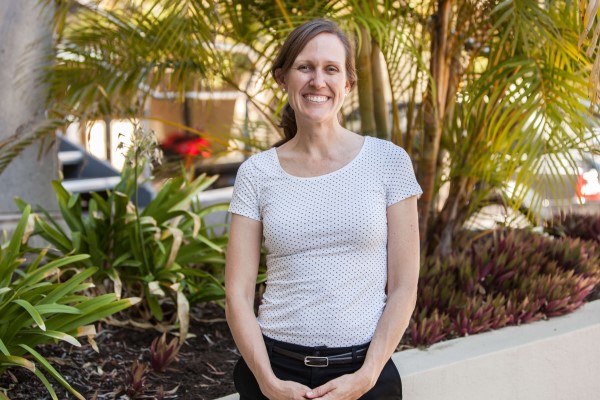Search
Research
Cardiometabolic health markers among Aboriginal adolescents from the Next Generation Youth Wellbeing Cohort StudyThe objective of this study was to investigate cardiometabolic health markers among Aboriginal adolescents aged 10-24 years and relationships with age, gender, and body composition.
Research
Supporting best practice in the management of chronic diseases in primary health care settings: a scoping review of training programs for Indigenous Health Workers and PractitionersTo improve diabetes management in primary health care for the Aboriginal and Torres Strait Islander peoples population, training programs that are culturally and contextually relevant to the local context are required. Using a scoping review methodology, the aim of this review was to describe the characteristics of chronic disease management training programs for Aboriginal Health Workers and Practitioners, their effectiveness on knowledge and skills, and client-related outcomes, and the enablers, barriers to delivery and participation.
Research
Overlapping Streptococcus pyogenes and Streptococcus dysgalactiae subspecies equisimilis household transmission and mobile genetic element exchangeStreptococcus dysgalactiae subspecies equisimilis and Streptococcus pyogenes share skin and throat niches with extensive genomic homology and horizontal gene transfer possibly underlying shared disease phenotypes.
Research
No evidence for impaired humoral immunity to pneumococcal proteins in Australian Aboriginal children with otitis mediaConserved vaccine candidate proteins from S.pneumoniae induce serum and salivary antibody responses in Aboriginal and non-Aboriginal children with history of OM
Research
Solutions that work: What the evidence and our people tell us. Aboriginal and Torres Strait Islander Suicide Prevention Evaluation Project ReportThe Report summarises the evidence-base for what works in Indigenous community-led suicide prevention
Research
Childcare Use and Its Role in Indigenous Child Development: Evidence from the Longitudinal Study of Indigenous Children in AustraliaRelatively disadvantaged children might benefit more from attending childcare, as indicated by the positive estimated effects found for those who never attended childcare
Research
Missing Voices: Profile, Extent, and 12-Month Outcomes of Nonfatal Traumatic Brain Injury in Aboriginal and Non-Aboriginal Adults in Western AustraliaThese findings suggest an urgent need for multisectoral primary prevention of traumatic brain injury
Research
Pediatric hospital admissions in Indigenous children: A population-based study in remote AustraliaWe analysed hospital admissions of a predominantly Aboriginal cohort of children in the remote Fitzroy Valley in Western Australia during their first 7 years.

News & Events
New funding to support innovative research projectsTwo The Kids Research Institute Australia research teams have been awarded more than $3.5 million to fund innovative projects.

News & Events
The Kids Research Institute Australia leader named finalist in nation’s top science prizesOne of Australia’s leading infectious disease experts, Associate Professor Asha Bowen, has been announced as a finalist for the country’s leading national science awards – the Australian Museum Eureka Prizes.
